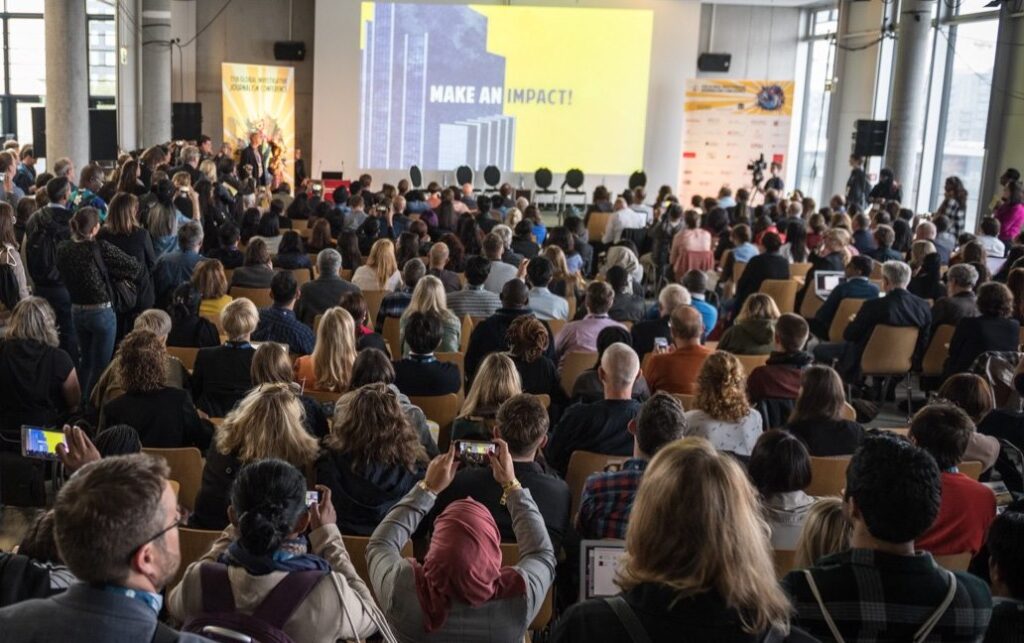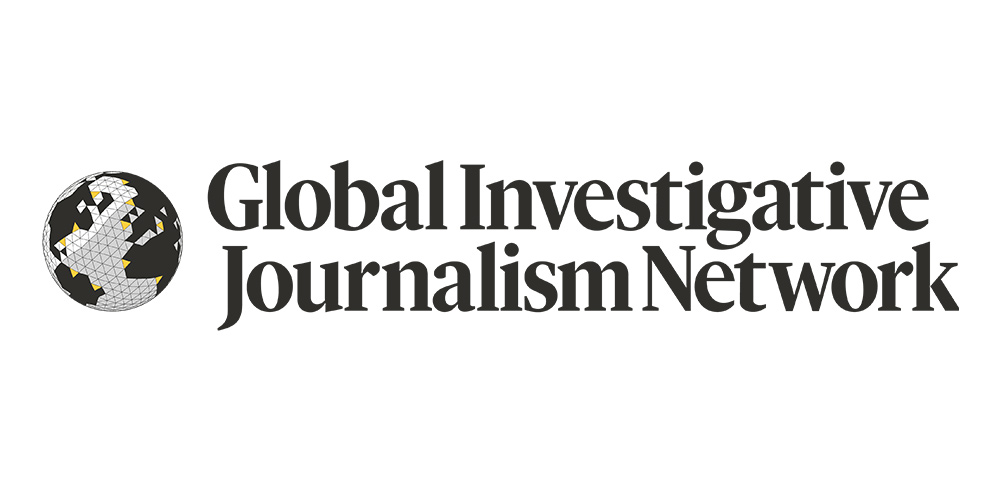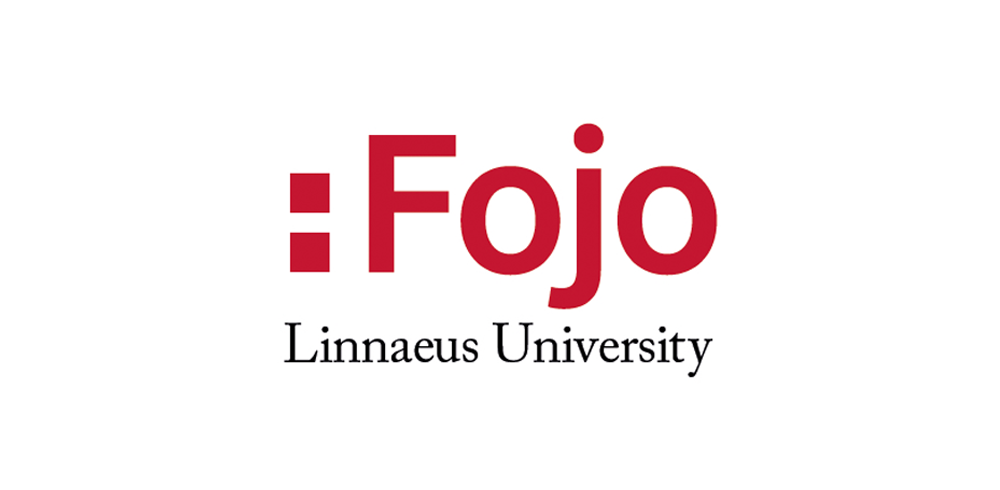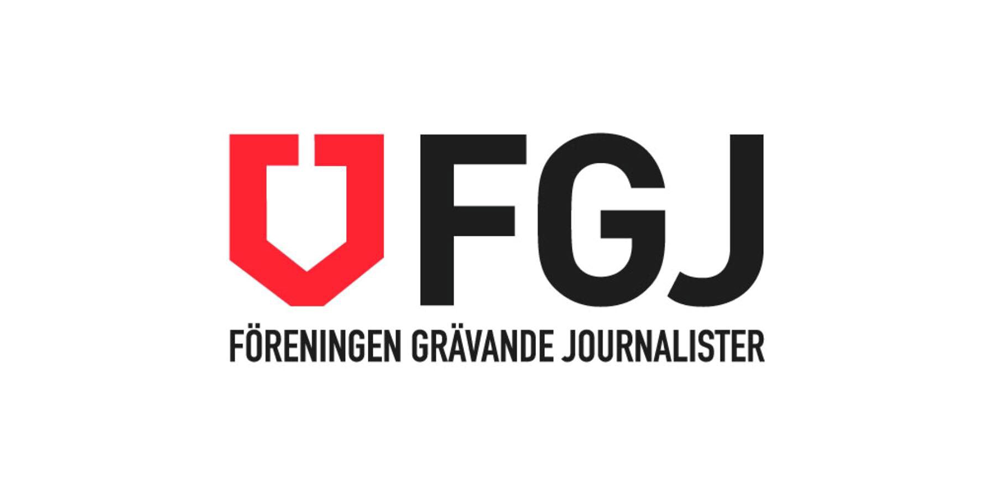
Get ready for an extraordinary event. We expect #GIJC23 will be the largest-ever global gathering of investigative journalists, and we’re crafting a world-class program to go with it.
The conference will host over nearly 200 state-of-the-art sessions, with expert panels, cutting-edge workshops, and the best networking in the business. We’re still working on the program, but here’s a sneak peek at what we’re planning:
Pre-Conference Day
Tuesday, our pre-conference day, used to host just a few meetings. Now it’s become a vital conference day, packed with workshops and special programs. You’ll find sessions on AI in investigative journalism, cross-border collaboration, innovative methods from Swedish Public TV’s acclaimed Mission Investigate, and more. A great way to jump-start your first day, which shifts in the early evening to a welcome reception with free drinks and hors d’oeuvres.
The Main Conference
As always, the main conference will feature the world’s most enterprising journalists offering you a smorgasbord of expert panels, hands-on workshops, roundtables, discussions, and lightning talks. We’re highlighting the latest in digital surveillance and online sleuthing, cross-border collaboration, and exiled media tips and tools. This year, you’ll find special tracks on climate change, the threat to democracy, war crimes, corruption and kleptocracy, and survival strategies — along with the latest on media law, dealing with stress and burnout, and security clinics where you can get your gear checked for spyware. We’ll be hosting top podcast producers and documentary directors. You’ll find experts on sensors, satellites, and undercover reporting. Plus sessions on Indigenous issues, femicide, and rewriting history.
Data Journalism
In GIJC tradition, data plays a central role in our conferences. We’ll have leading data journalists offering more than 40 sessions on using AI, the best visualization software, analyzing social media, doing big data projects, basic coding, and a review of best data journalism projects over the past two years. Hands-on training will include Excel and Google sheets, database managers and SQL, building your own database, web scraping, mapping, social network analysis, intros to R and Python, and open source reporting techniques.
Academic Track
We’re also planning a dozen sessions in our academic track, with a focus on best teaching practices, discussions of ethics and objectivity, and the presentation of juried papers on investigative and data journalism. Among the proposed papers: the challenges of investigative reporting in the Global South, analysis of transnational investigative journalism, the intersection of fact checking and investigative reporting, effective uses of big data analysis, best practices in data visualization, and adapting AI to investigative reporting.
Networking
And then there’s the networking. Ask a journalist who’s been to a GIJC about their favorite part, and they’re likely to say it’s the people — those chance encounters in the hallways, at the elevators, in the bars. Imagine what it’s like to have 2,000 journalists from 100 countries brainstorming about how to get data, documents, and the truth. That’s the GIJC. We’re planning a record number of networking sessions — by language, region and topic — to collaborate and brainstorm in a relaxed setting.
—
Our Call for Ideas closed on January 10, 2023. We received more than 400 suggestions from people worldwide — thank you! Our conference committee is now finishing a long look at them, along with suggestions from our staff, board, member organizations, and past surveys of GIJC attendees. We’re getting in touch now with those selected.
Meanwhile, we hope soon to have the full four-day program available, packed with panels, workshops, receptions, parties, and more. We hope you’ll agree — If you’re in the media on Sept. 19-22, there’s no other place to be.
We’ll see you in Gothenburg!



